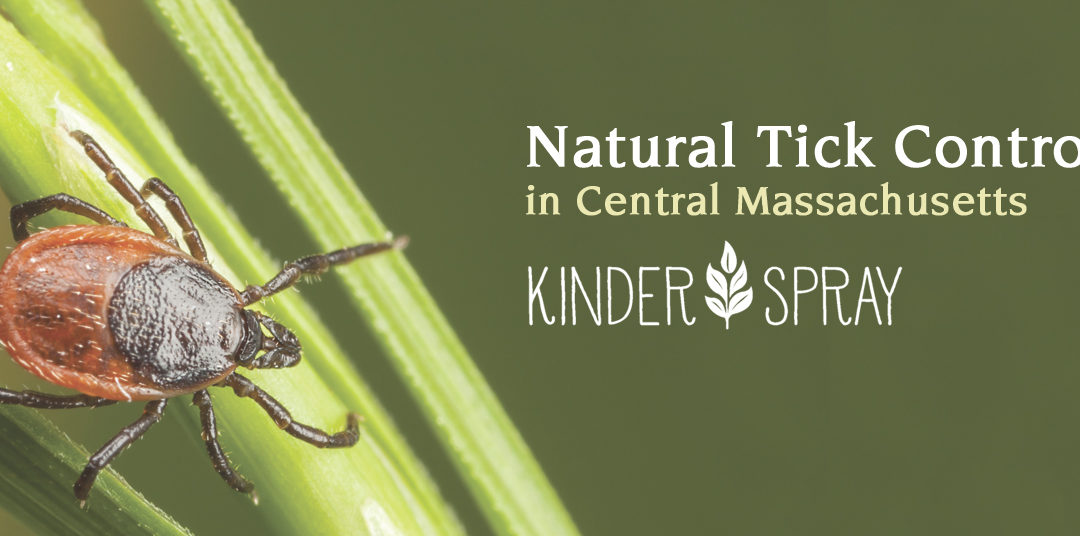Natural Solutions for Tick Control: Effective and Safe Methods


Understanding the Need for Natural Tick Control
Ticks pose a significant health risk as carriers of various diseases. For those seeking alternatives to chemical-based solutions, natural tick control is a safe and effective approach. Let’s explore the various methods and solutions available for naturally managing tick populations in and around your home.
Landscaping Practices: Creating an Unfavorable Environment for Ticks
Strategic landscaping plays a crucial role in controlling tick populations. Keep grass trimmed, create barriers like gravel or wood chips between lawns and wooded areas, and maintain a well-groomed yard. These practices reduce tick-friendly habitats and limit opportunities for ticks to thrive in your outdoor space.
Beneficial Nematodes: Tiny Warriors Against Ticks
Beneficial nematodes are microscopic organisms that act as natural predators of ticks. When applied to the soil, these nematodes seek out and feed on tick larvae, disrupting their life cycle. This biological control method is environmentally friendly and helps keep tick populations in check without harming beneficial insects.
Tick-Repellent Plants: Harnessing Nature’s Defenses
Certain plants possess natural repellent properties that can deter ticks. Include tick-repellent plants like lavender, rosemary, and chrysanthemums in your landscaping. These plants release scents that repel ticks, creating a protective barrier around your home and outdoor spaces.
Essential Oils: Aromatic Defense Against Ticks
Harnessing the power of essential oils provides a natural and aromatic defense against ticks. Oils like eucalyptus, tea tree, and cedarwood are known for their tick-repellent properties. Create a DIY tick repellent spray by diluting these oils with water and apply it to clothing or skin for added protection during outdoor activities.
Guinea Fowl: Feathered Tick Control Allies
Introducing guinea fowl to your property can be an effective and natural method of tick control. These birds are voracious tick-eaters and roam freely, keeping tick populations in check. The presence of guinea fowl adds a charming element to your outdoor space while contributing to a natural and sustainable pest control solution.
Diatomaceous Earth: A Natural Desiccant for Ticks
Diatomaceous earth, composed of fossilized diatoms, acts as a natural desiccant that dehydrates and kills ticks on contact. Sprinkle this powdery substance in areas frequented by ticks, such as pet bedding or outdoor resting spots. Diatomaceous earth is safe for humans and pets but deadly for ticks, making it an eco-friendly choice.
Tick-Repellent Clothing: Defensive Wardrobe Choices
Clothing treated with tick-repellent solutions provides an additional layer of defense against tick bites. Look for outdoor clothing treated with permethrin, a natural insect repellent derived from chrysanthemum flowers. Wearing tick-repellent clothing is a practical and non-intrusive way to protect yourself during outdoor activities.
Cultivating a Tick-Aware Lifestyle: Personal Prevention Practices
Beyond environmental and wildlife-friendly methods, adopting personal prevention practices is essential. Conduct thorough tick checks after spending time outdoors, especially in wooded or grassy areas. Promptly remove any ticks you find using fine-tipped tweezers, reducing the risk of disease transmission.
Educational Outreach: Spreading Awareness for Tick Control
Creating awareness within your community about natural tick control solutions is vital. Share information about eco-friendly methods, host workshops, and collaborate with local organizations to promote responsible tick management practices. A well-informed community contributes to a collective effort in creating tick-aware environments.
In conclusion, natural tick control solutions provide effective alternatives to chemical-based approaches. By combining landscaping practices, beneficial organisms, essential oils, and tick-repellent methods, you can create a comprehensive strategy for managing ticks in a way that is both environmentally friendly and safe for your family and pets.
For more information on Natural Tick Control Solutions, visit homeinharmonia.com.








